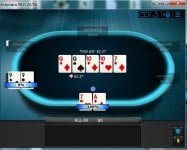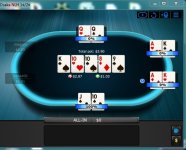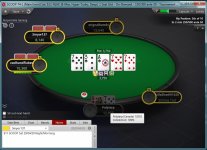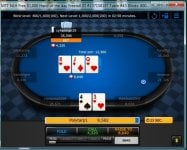Debi
Forum Admin
Administrator
There are 2 considerations that are the most important that we need to take into account when Defending the Big Blind.
If you have not yet read Day 26 and watched the video for Day 26 - take a few minutes now to do that and then come back here to discuss it:
Defending the Big Blind
This is a great lesson for CardsChat players. On of the biggest mistakes I see players making in our league and event games is thinking they have to defend their small blind no matter who raises from which position, regardless of the amount of the raise - and regardless of what they are holding in the BB. I also see that a lot of players feel they are not defending their bb unless they raise - but you can also defend by checking. I pprobably don't defend mine often enough - so most of us need help here.
Let's talk about this and see what Collin and Katie want to add to this discussion.

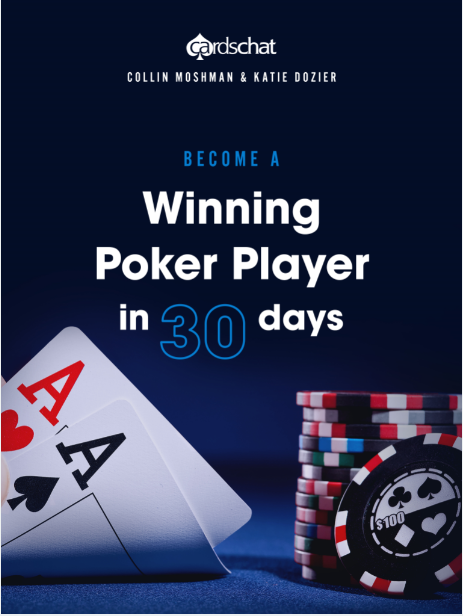
If you have not yet read Day 26 and watched the video for Day 26 - take a few minutes now to do that and then come back here to discuss it:
Defending the Big Blind
This is a great lesson for CardsChat players. On of the biggest mistakes I see players making in our league and event games is thinking they have to defend their small blind no matter who raises from which position, regardless of the amount of the raise - and regardless of what they are holding in the BB. I also see that a lot of players feel they are not defending their bb unless they raise - but you can also defend by checking. I pprobably don't defend mine often enough - so most of us need help here.
Let's talk about this and see what Collin and Katie want to add to this discussion.












